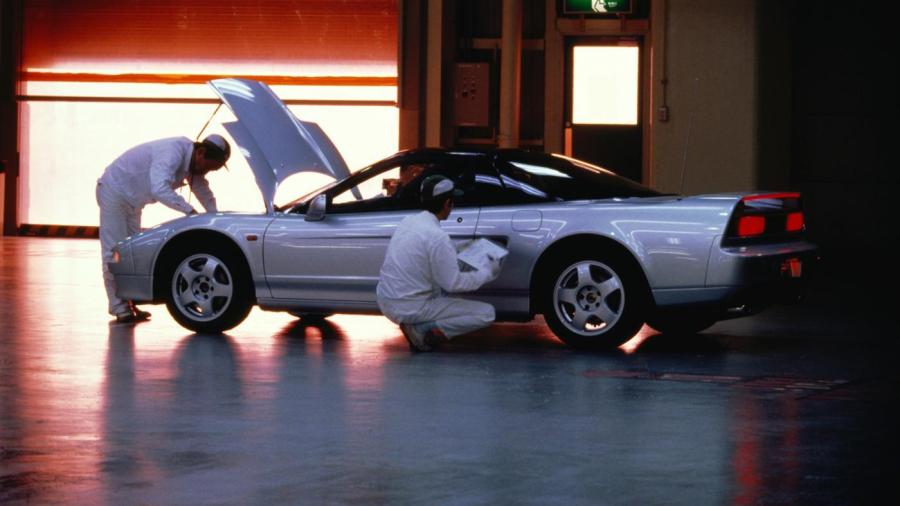What Does a Car Need to Pass Inspection?

While requirements vary by state, to pass a state vehicle inspection, a car must be free of leaks, have working brakes and acceptable car emissions levels. All parts related to safety must be in good working order. Fluids and oils required to keep the car running smoothly must be at the proper levels. Brake pedals and linings should show no signs of wear, and the parking brake must work.
The car’s exhaust system must be operating according to state vehicle emissions standards. Any car emitting a high level of exhaust fumes during operation must be fixed before inspection. In general, problems related to engine warning lights must be addressed prior to inspection, and car tires must be in good condition, with no worn treads or signs of bumps, bulges or knots. The steering wheel is checked for tightness and overall functionality during inspections. The car’s chassis must be free of damage and severe rust. Windshields must be free of cracks, and vehicle lights must function correctly.
Sometimes its the overlooked issues that cause a vehicle to fail inspection. For instance, malfunctioning windshield wipers can trigger a fail. Properly functioning windshield wipers are crucial to driver visibility in bad weather. State regulations often require vehicles to have secure gas caps.





